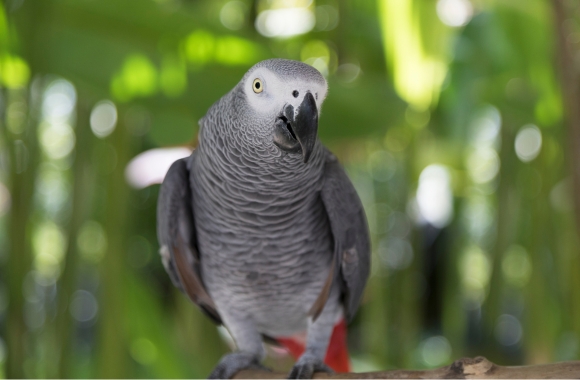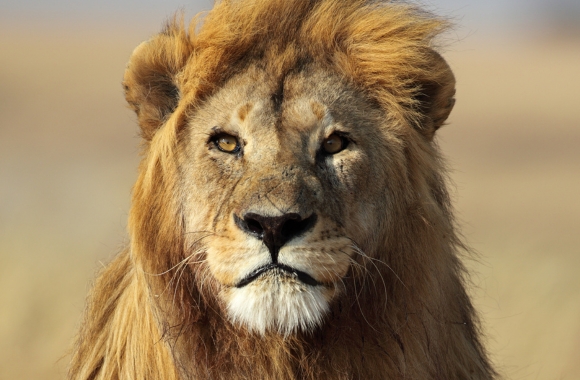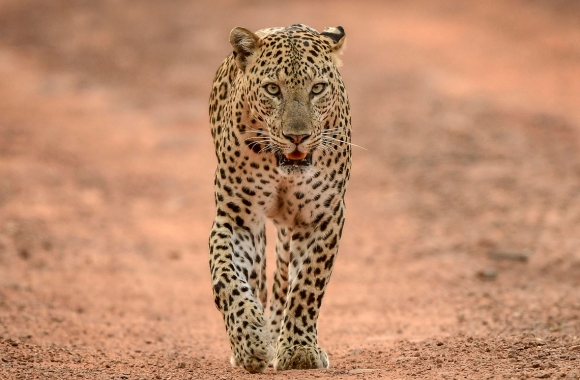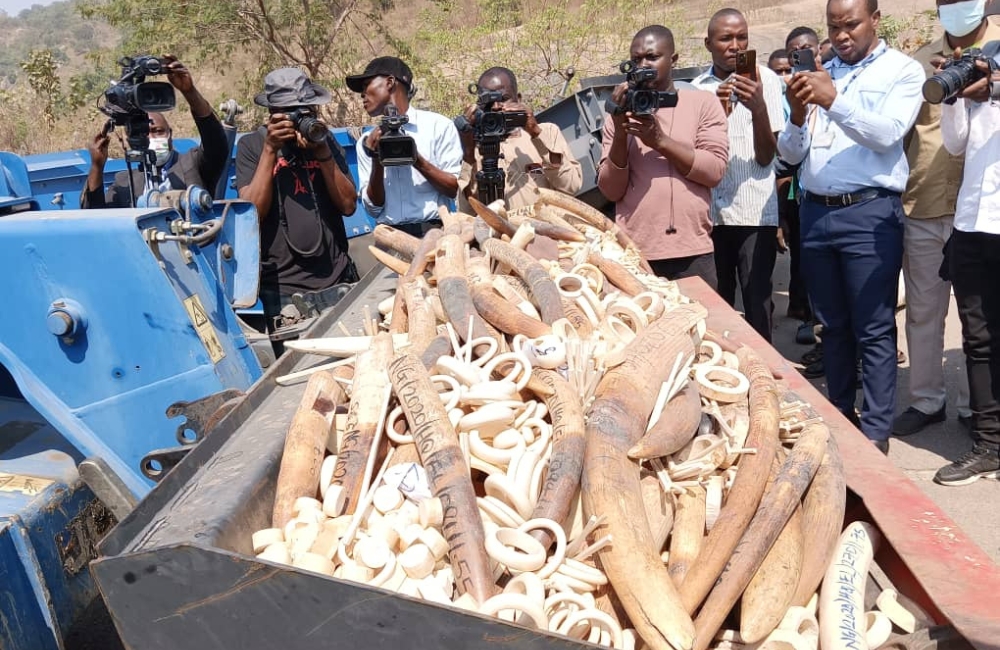Why We Care
Individual Animals – and Entire Species – Suffer in the Wildlife Trade
Global commercialization of wild animals and plants causes extreme animal cruelty and serious population declines. Due in large part to the wildlife trade, species like elephants, rhinos, lions, tigers, pangolins, and countless reptiles, amphibians, and fish face an uncertain future.
The barbaric trade in bear gallbladders and bear bile, the alarming “sport” of canned hunting, the commercial trade in lion parts, the trafficking of pangolins for their scales, meat, blood, and fetuses, and the poaching of elephants for ivory are only a few examples of how these trades directly hurt wildlife. It is estimated, for instance, that, since January 2012, approximately 92 elephants have been poached per day.
“Wildlife crime is becoming increasingly sophisticated – criminals are using complex technology and weaponry, non-traditional trade routes, and increasing levels of violence.”
Born Free President Will Travers
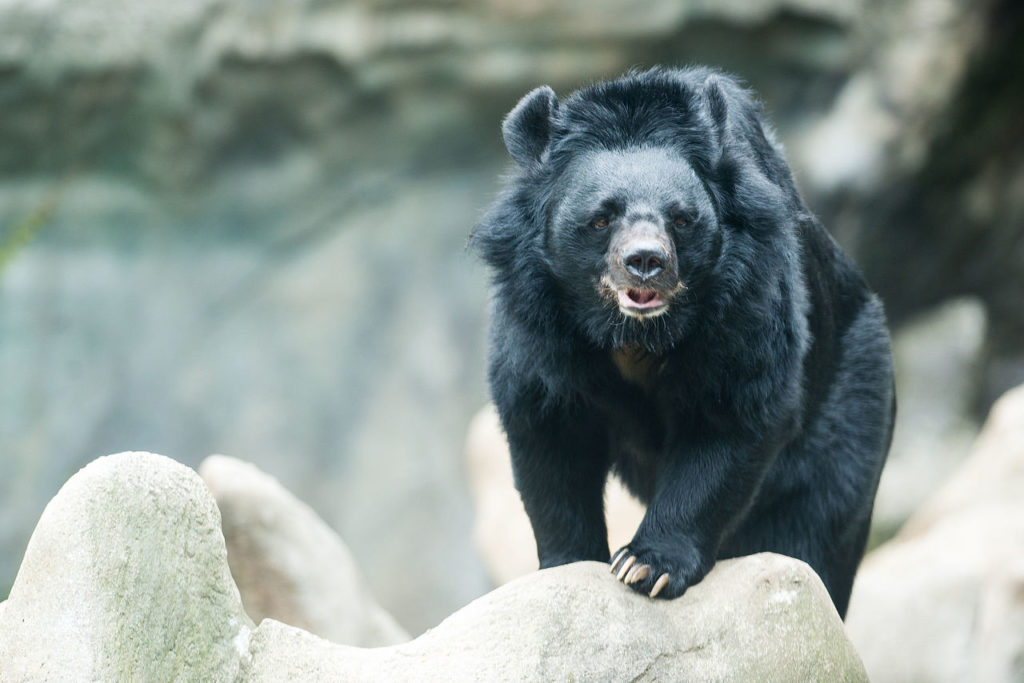
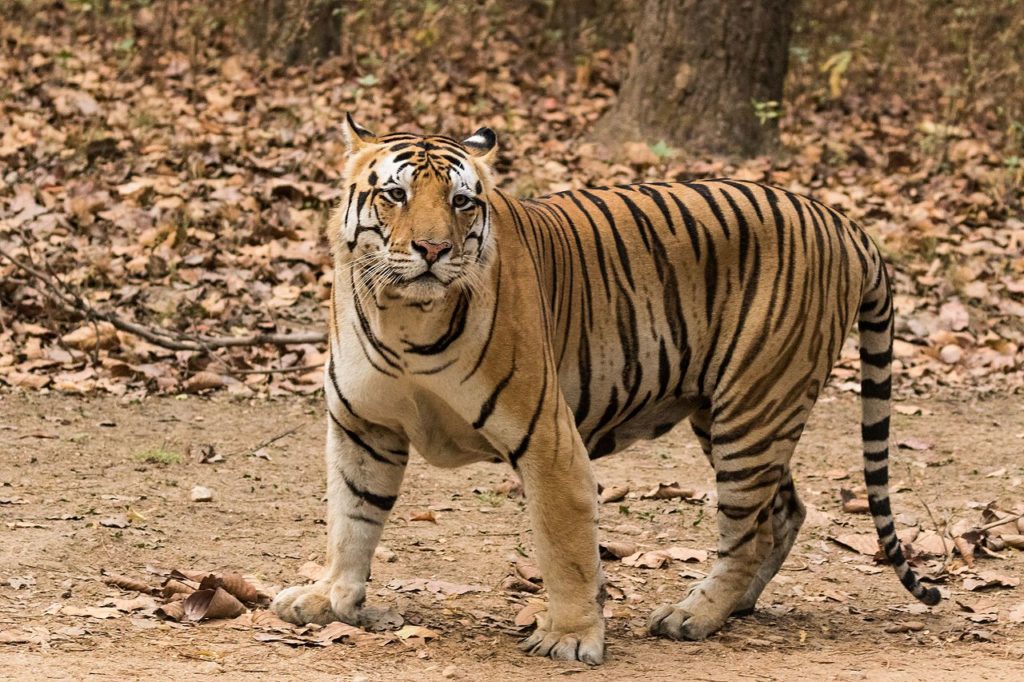
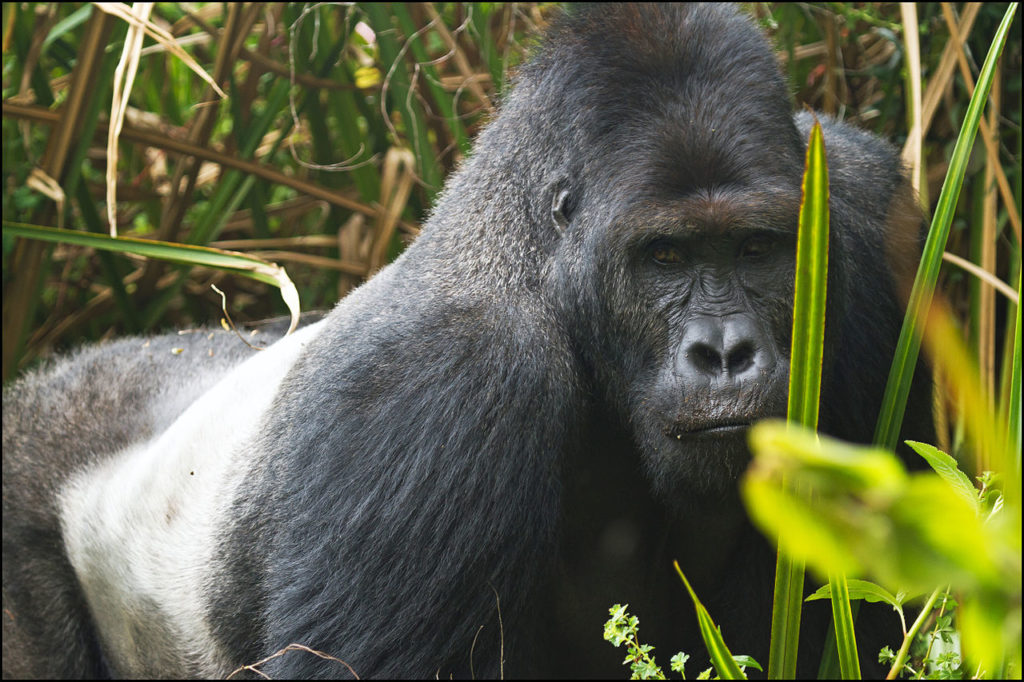
“No one country or organization can hope to address this crisis alone. We must all act urgently, strategically, and together.”
Born Free President Will Travers
The Wildlife Trade Profits by Harming Animals
The global trade in wild animals and plants is a multi-billion dollar industry. In terms of profitability, the European Commission reports that wildlife trafficking ranks third globally among criminal enterprises (behind the narcotics and illegal arms trades). Sadly, the wildlife trade is inextricably linked to animal suffering. Read more in the World Wildlife Crime Report from United Nations Office on Drugs and Crime (2016).
Wildlife Crime is Linked to Organized Crime
Wildlife crime, and particularly illegal wildlife trade, increasingly involves organized crime groups, criminal syndicates, violent gangs, and armed militia groups operating in Africa and beyond. These groups see wildlife as a low risk/high value commodity. Every year, millions of wild animals are brutally trapped, poisoned, shot, mutilated, or kept in appalling conditions. The animals and/or their body parts are traded by these criminal networks, who often rely on their political, military, or border point connections to move these animal “products” from their source to the market. Wildlife trafficking is also often linked to other related crimes, such as money laundering, fraud, and corruption.
However, you can influence the wildlife trade with your purchase decisions. When you’re on vacation, or when giving gifts, you may encounter items that are the result of wildlife trade: ivory sculptures, tortoise shell jewelry, or exotic animal meat. Be sure to avoid buying such items so that you don’t contribute to these destructive trades.
